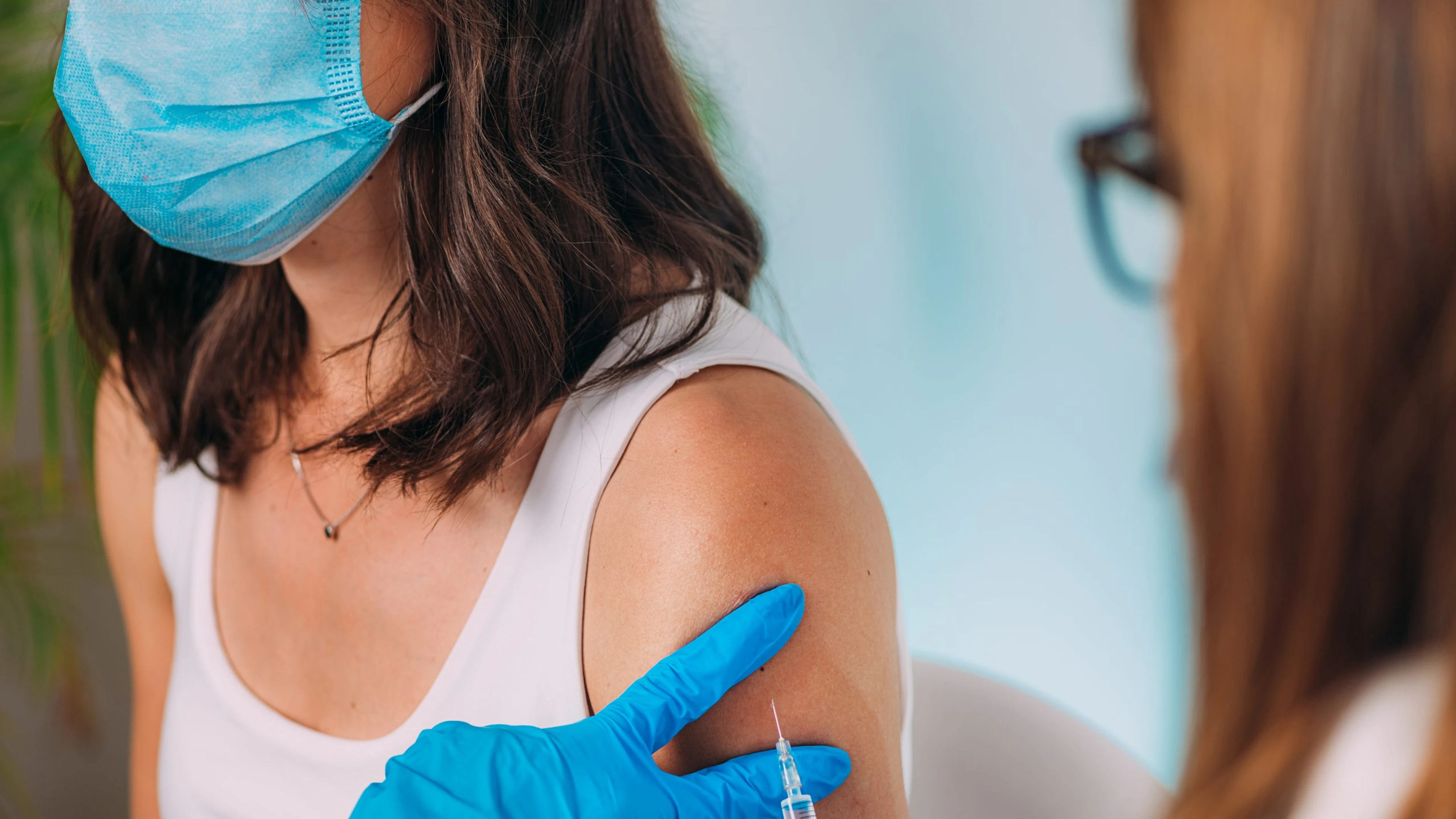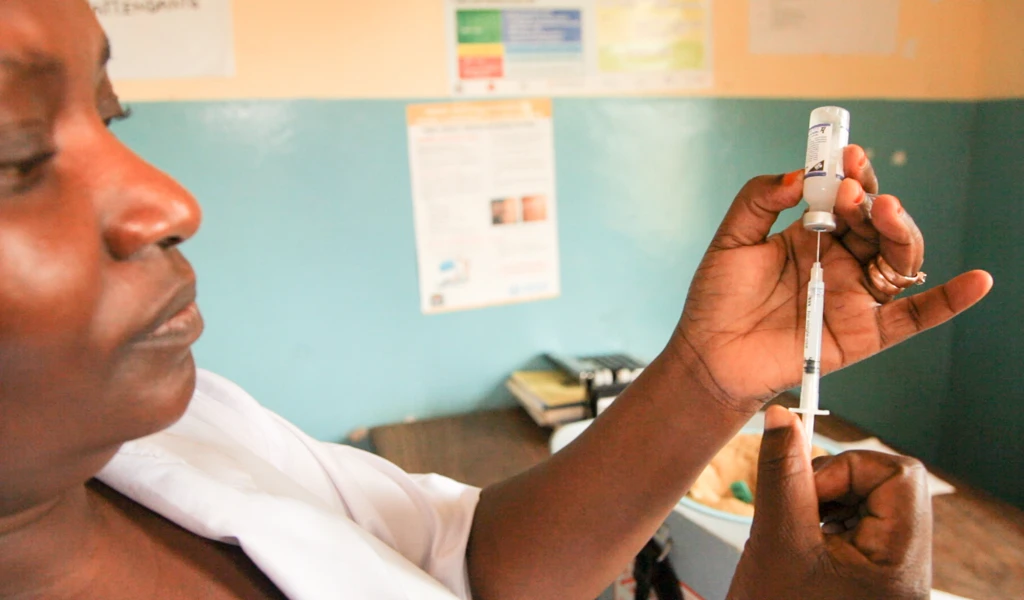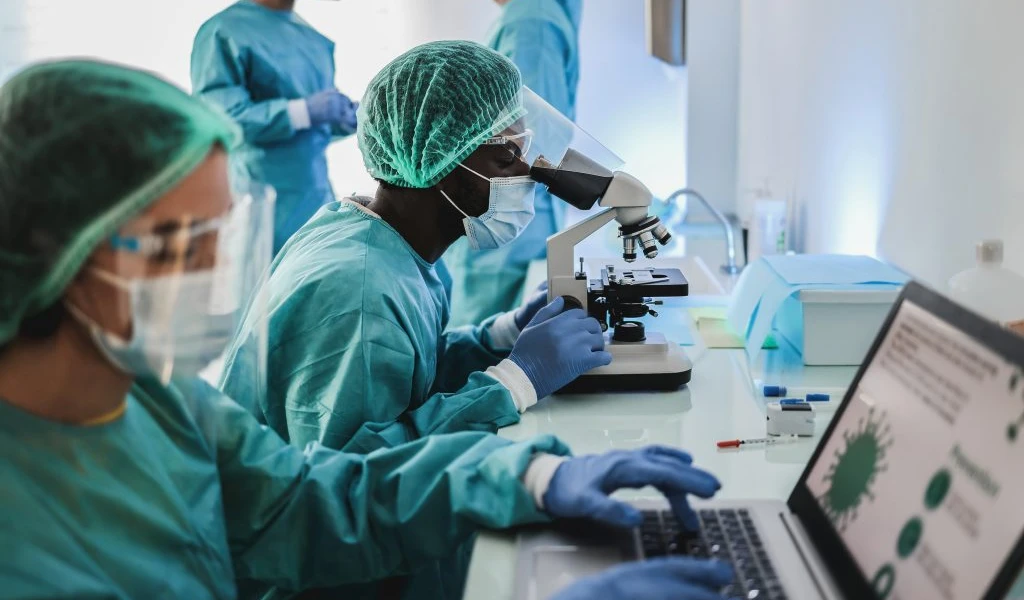The Coalition for Epidemic Preparedness Innovations (CEPI) today announced that it will fund the expansion of the University of Oxford's study to assess the use of mixed COVID-19 vaccine regimens, specifically to include the Moderna and Novavax vaccines, which are among the vaccines to be distributed through COVAX—the global mechanism for equitable access to COVID-19 vaccines.
CEPI will provide £5 million (US$7.1 million) in addition to £2.1 million ($3 million) of funding from the UK Government to support the COM-COV2 study. This study has also been supported by the National Institute for Health Research. Trial participants include adults aged over 50 years who have received either the Oxford-AstraZeneca vaccine or Pfizer-BioNtech vaccine as their first, or ‘prime', vaccination in the past 8-12 weeks. Trial participants have then received a second, "boost", dose of a different vaccine, all of which are part of the COVAX portfolio, generating valuable data to support the global rollout of vaccines.
The study is designed to assess whether this "mix and match" approach—also referred to as heterologous prime-boost vaccination—is not substantially worse than the standard approach (ie, not mixing vaccine types). This kind of study is known as a "non-inferiority" study. It will compare the immune system responses to the gold-standard responses reported in previous clinical trials of each vaccine.
CEPI is moving with great urgency to end the acute phase of this pandemic. While multiple safe and effective vaccines against COVID-19 are now available, supply of these vaccines is still limited. So it is crucial that we optimise our vaccination strategies to protect the maximum number of vulnerable people.
Understanding how we might be able to ‘mix and match' vaccines will be an important factor to consider when planning global vaccination distribution, as supplies of various vaccines will inevitably ebb and flow in the coming months. CEPI's funding will expand this study to test combinations of four different vaccines that will be distributed through COVAX, and we hope that the data generated will give COVAX greater flexibility when allocating doses to participating countries which could speed up vaccination campaigns.
UK scientists have been at the forefront of COVID-19 vaccine development and I'm pleased to further our collaboration with the University of Oxford and the UK Government to advance this critical piece of vaccine research for the benefit of the world.
Rationale for "mix and match" vaccination
Data to support the use of "mix and match" vaccination are needed to determine the immunogenicity, reactogenicity, and safety of this type of vaccination schedule.
This evaluation by Oxford University, supported by funding from CEPI and the UK Government, will help to determine if this approach can augment the immune response, as has been observed in other settings in which different types of vaccines have been used against a target pathogen.
This world-first clinical trial will give us the vital information we need to help us protect the country and support the international response against this virus in the longer term.
I am delighted that, through the NIHR, we are joining forces with CEPI to invest a further £7.1 million into mix and match vaccine trials at Oxford University – which is one of the world's leading research sites and host of the G7 Health Ministers' meetings next month. This is on top of £7 million we have already invested in the study to future-proof this country.
I want to pay tribute to everyone who is taking part in this ground-breaking study and thank the scientists and clinicians who are leading this life-saving research.
Advancing clinical research into COVID-19 vaccines
CEPI is currently accepting research proposals as part of its £99 million ($140 million) funding call to support clinical research gaps to expand access to COVID-19 vaccines. These gaps include assessment of the safety and effectiveness of COVID-19 vaccines in pregnant women, infants and children, and immunocompromised populations, as well as studies on booster doses, length of vaccine efficacy, ‘mix and match' strategies, and dosing intervals. The funding call closes on May 28, 2021 (1500 CET).
This funding forms part of CEPI's next 5-year plan, published in March, which aims to reduce or even eliminate the future risk of pandemics and epidemics. In view of the COVID-19 emergency, CEPI has brought forward its plans to develop vaccines that could protect against COVID-19 variants and multiple coronavirus species and is working to cut vaccine development timelines down to 100 days. CEPI's efforts to compress vaccine development timelines to 100 days have been backed by the UK Government as part of its G7 presidency and will be supported by the Pandemic Preparedness Partnership, which will advise the UK G7 Presidency on how to meet this ambition. The UK is also due to host a replenishment summit in 2022 to support CEPI's programme of vaccine research and development, alongside manufacturing innovations.
-ENDS-
About CEPI
CEPI is an innovative partnership between public, private, philanthropic, and civil organisations, launched at Davos in 2017, to develop vaccines against future epidemics. Prior to COVID-19 CEPI's work focused on developing vaccines against Ebola virus, Lassa virus, Middle East Respiratory Syndrome coronavirus, Nipah virus, Rift Valley Fever virus and Chikungunya virus — it has over 20 vaccine candidates against these pathogens in development. CEPI has also invested in new platform technologies for rapid vaccine development against unknown pathogens (Disease X).
During the current pandemic, CEPI initiated multiple programmes to develop vaccines against SARS-CoV-2 and its variants with a focus on speed, scale and access. These programmes leverage the rapid response platforms developed by CEPI's partners prior to the emergence of COVID-19 as well as new collaborations. The aim is to advance clinical development of a diverse portfolio of safe and effective COVID-19 candidates and to enable fair allocation to these vaccines worldwide through COVAX.
CEPI's 5-year plan lays out a $3.5 billion roadmap to compress vaccine development timelines to 100 days, develop a universal vaccine against COVID-19 and other Betacoronaviruses, and create a "library" of vaccine candidates for use against known and unknown pathogens. The plan is available at https://endpandemics.cepi.net.
Follow our news page for the latest updates. Follow us via @CEPIvaccines, @DrRichardHatchett, and LinkedIn.
About the Com-Cov2 trial:
There are expected to be 1050 volunteers across nine different sites in the trial, including:
- St George's University Hospitals NHS Foundation Trust
- University Hospitals Birmingham NHS Foundation Trust
- The University of Nottingham Health Service
- Liverpool School of Tropical Medicine
- University College London Hospitals NHS Foundation Trust
- Hull University Teaching Hospitals NHS Trust
- The Newcastle Upon Tyne Hospitals NHS Foundation Trust
- Guy's and St Thomas' NHS Foundation Trust
- Sheffield Teaching Hospitals NHS Foundation Trust
Learn more about the study here.
Media Contacts
CEPI
Email: [email protected]
Phone: +44 7387 055214



